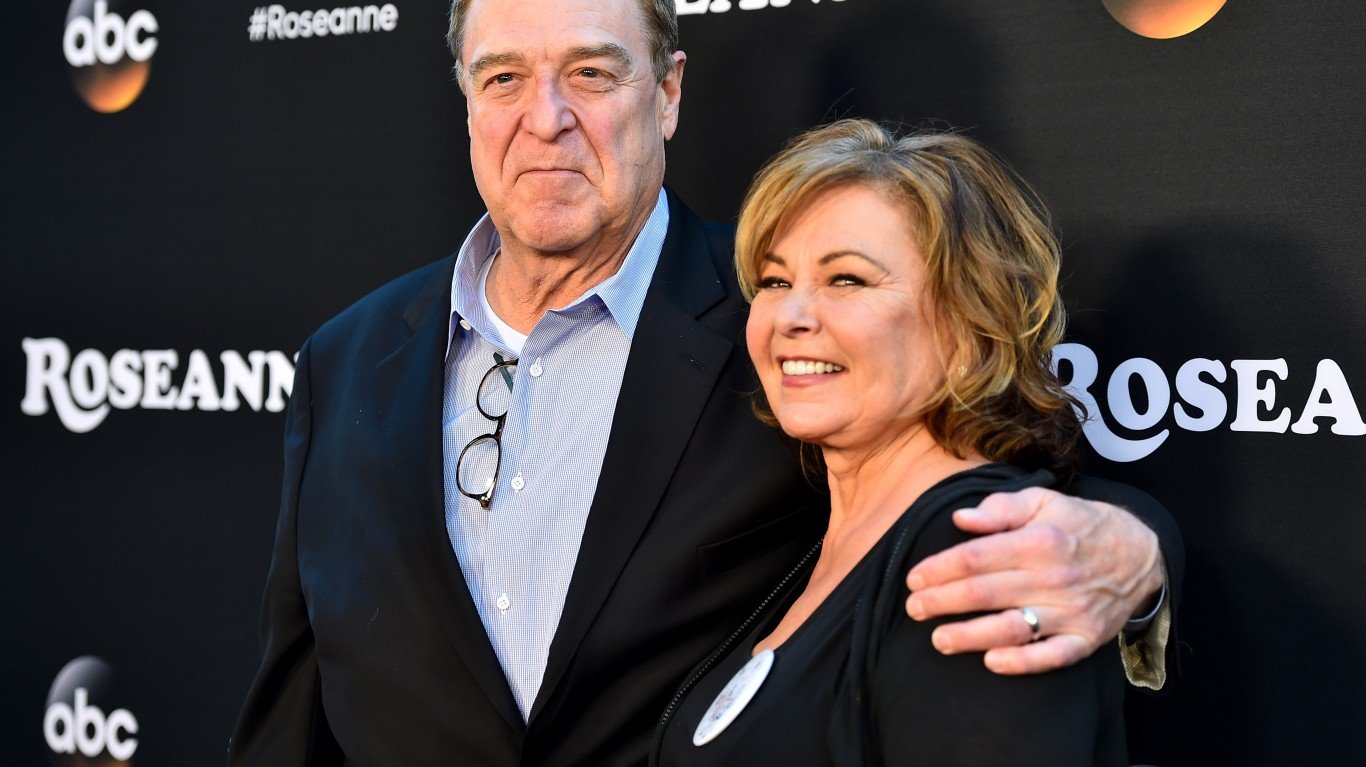This story was originally posted at 5:00PM EST earlier today. No data has been changed or altered.
While many are guessing orspeculating on a merger between XM Satellite (XMSR) and Sirius(Satellite Radio (SIRI), very few have shown what a combined companywould look like and what issues would need to be overcome. No one cansay the deal is a shoe in, but it is more than worth investigating whata combined operation would look like.
The Department of Justice might block a deal FCC may not allow amerger of the two satellite radio companies, but, if one gets intosignificant financial difficulty, that might change. If they are bothrunning very well and they are still going to grow, then they have toput on a salesman hat to win approval, but if both companies havegrowth issues and a potential survival issue and then all of a suddenneither can run profitably then they would have a better case ofpressing the DOJ & FCC to approve a merger. There would be someconditions, but if the FCC had to see a near monopoly or had to see yetanother failure of a space venture they just might be inclined to goalong without blocking the deal from the start.
There are some regulatory issues that would be there as noted, andat least Mel Karmazin has already addressed that as a real issue. Heof course also has expressed interest in acquiring XM. If this were tohappen soon before a new administration that may or may not be morehawkish on blocking mergers, the issues could potentially be workedout. After all, there are others that have at least some capabilitiesof offering a competing service in the US and Canada. Satellite radiois also not going to be deemed as important as terrestrial radio to anFCC or to a DOJ.
XMSR has a $3.85 Billion market cap and SIRI has a $5.4 Billion market cap.
Would both networks be maintained along all of the programming onevery channel, or would the strongest programs be migrated to the mostrobust platform? Most likely a long-haul migration to the strongest andmost stable platform would result with other satellites either set upfor sale or geared toward other uses and product offerings notcurrently in development. Sprint already has ties to Sirius, andCingular already has ties to XM. We already know that the musicindustry is looking at trying to force both companies to pay more inroyalties as well. Sirius has the Stiletto and XM has the XM Xpress orXM2go versions, and both are working on video capabilities. We alsohave what GM has said will be 1.8 million cars with XM factoryinstalled over the course of 2007 and Honda with what will be some650,000 XM installed cars yesterday. Until we get past the holidayseason we will not get any solid and goal-oriented 2007 projectedsubscriber add-ons from each company, but that is a guess on the timingbased on the companies and based on industry forecasting.
Based on SEC filings, company documents, and Wall St. analysis, thisis what the two companies would look like as one entity at the end of2006:
The subscriber base of the two companies together would be roughly7.8 million from XM. and 6.9 million from Sirius. There is probablyalmost no overlap between the customer bases, so the new company wouldprobably start with about 14.5 million subscribers. If you look laterin the article you probably won’t get any solid “guestimates” out ofthe subscriber bases for the end of 2007 until after the end of theholidays.
Based on Q3 numbers and Wall St. projections, Sirius should haveabout $200 million in revenue in Q4 (Q3 was $167 million) to add toXM’s $290 million (Q3 was $240 million). So, the revenue base goinginto 2007 would be about $500 million.
Sirius has $323 million in costs in Q3 and XM had $301 million.However, some of those costs could be consolidated from the potentialtotal of $625 million. Customer billing at Sirius runs about $15million a quarter. At XM, the number is $27 million. The combinedcompanies can probably take out $10 million a quarter. Sales,marketing, and customer acquisition at Sirius is almost $130 million.At XM, the number is about $90 million. Total costs for marketing andacquisition could probably be cut $75 million.
Sirius has general and administrative plus engineering costs of $56million a quarter. XM has $30 million in costs on these items. Thetotal number based on lay-offs and consolidation could probably bedripped to $65 million, a savings of about $30 million.
Before programming costs, overall expense could probably be drivendown by $115 million, which would leave the combined entity with anominal loss. But, programming costs are the largest expense at bothcompanies. Sirius spent $80 million in the last quarter and XM spentalmost $40 million. Sirius has 133 channels. XM has 170. Many of heprogramming contracts are long-term and extend out several years.Because of overlaps on current station deals, a combined company coulddrive down programming costs even after the added programming expensesin 2007. Any savings in this area in the combined company would makethe entity profitable or at least close to profitable on a GAAP basis.It should be noted that depreciation and amortization at Sirius isabout $28 million. At XM it is running about $43 million a quarter.
The balance sheets represent a huge problem. Sirius has almost $1.1billion in long-term debt. At XM that number is over $1.3 billion.Sirius has cash and securities of $350 million. XM has $285 million.So, combined debt would be $2.4 billion against about $600 million incash. Payables and accrued expenses of the combined company would beover $500 million. To have a significant value to shareholders, thecombined business would have to pay down at least $200 million in debtper year. None of the debt is due until 2009, but the majority is dueby 2013. The combined company would be able to partially use cash onhand and could go to the capital markets with a new debt issue with thesole purpose of refinancing that amount due in 2009 (and withconvertible debt if they were smart and/or able).
If revenue growth can continue at 10% quarter over previous quarter and expense growth can be held to 5%.
Sirius’ CFO speaks tomorrow at 11:00AM at the UBS Global Media Conference and CEO Mel Karmazin speaks at 12:30 PM at the Credit Suisse Media and Telecom Week Conference. XM Satellite’s Chairman Gary Parsons speaks tomorrow at the UBS Global Media & Communications Conference at 2:30PM EST and then again at the Credit Suisse Media and Telecom Week Conference on Thursday at 9:40AM EST
If we are going to hear anything out of XM Satellite on its guidancefor the quarter it should theoretically be within the next 40 hours orso because XM’s is presenting Wednesday and Thursday. Once again,this is more of a viewpoint of what a combined company would resemblerather than a forecast of a Sirius-XM tie-up.
–Douglas A. McIntyre & Jon C. Ogg
December 5, 2006
Douglas McIntyre can be reached at [email protected] and Jon Ogg can be reached at [email protected]. Neither own securities in the companies they cover.
Take This Retirement Quiz To Get Matched With A Financial Advisor (Sponsored)
Take the quiz below to get matched with a financial advisor today.
Each advisor has been vetted by SmartAsset and is held to a fiduciary standard to act in your best interests.
Here’s how it works:
1. Answer SmartAsset advisor match quiz
2. Review your pre-screened matches at your leisure. Check out the
advisors’ profiles.
3. Speak with advisors at no cost to you. Have an introductory call on the phone or introduction in person and choose whom to work with in the future
Take the retirement quiz right here.
Thank you for reading! Have some feedback for us?
Contact the 24/7 Wall St. editorial team.



